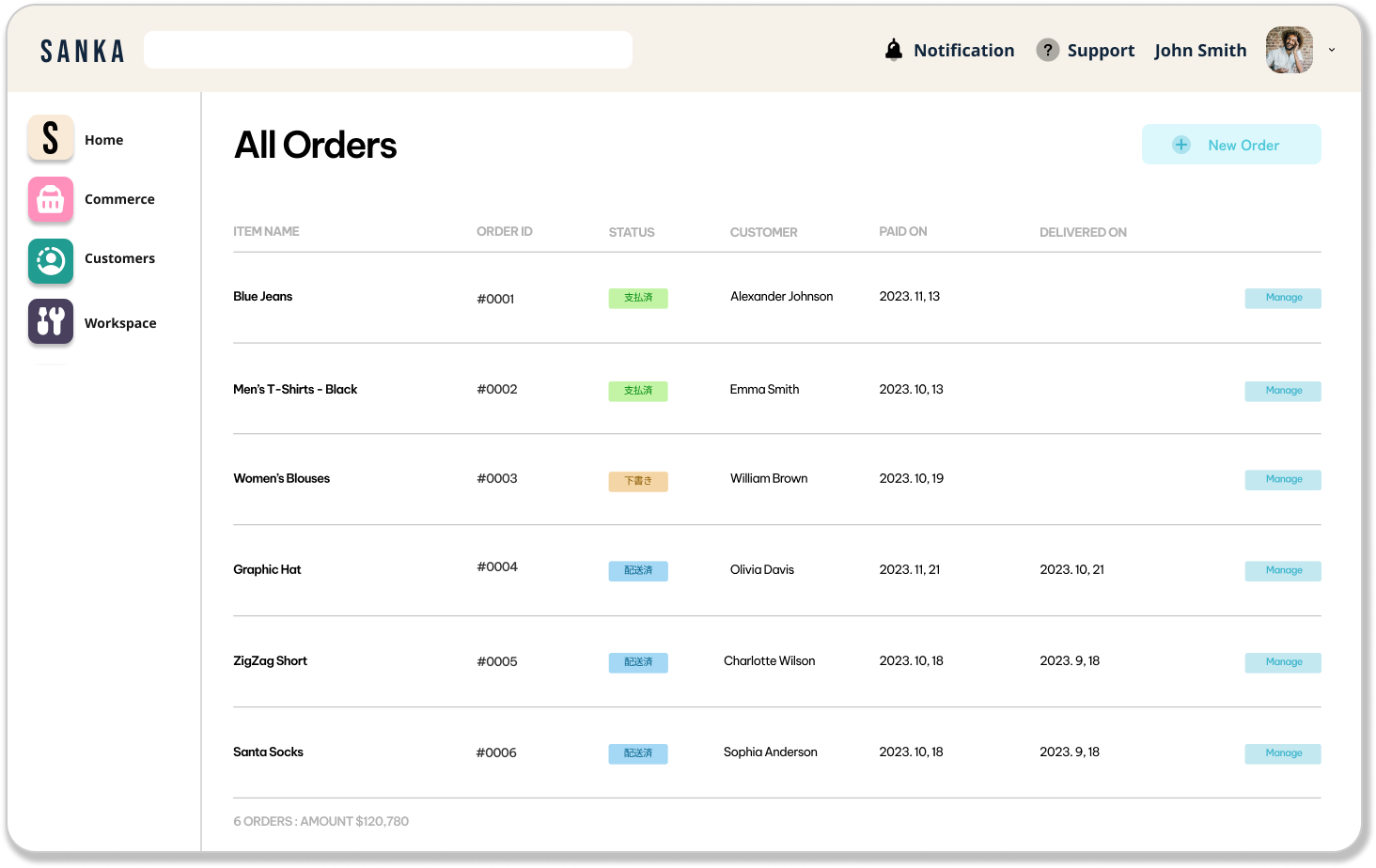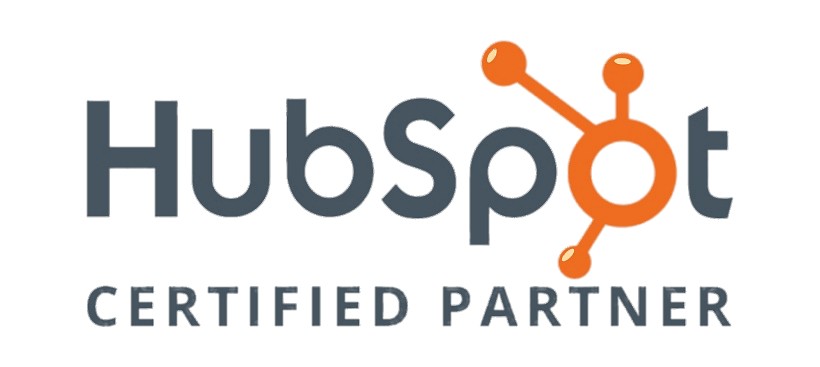Introduction
You’re busy. Like, really busy. Between meetings, emails, projects, and daily tasks, the day flies by and you feel like you barely scratch the surface of your to-do list.
Sound familiar? The data doesn’t lie—the average knowledge worker spends over 60% of their time on tedious tasks like data entry, searching for information, and status meetings.
No wonder you end most days exhausted with little to show for it.
The good news is workflow automation can change all that.
New tools use artificial intelligence and machine learning to handle repetitive chores so you can focus on work that really matters.
These tools can help manage team tasks, streamline strategic initiatives, and simplify complicated processes.
To help you in this endeavor, we've compiled a list of 10 outstanding workflow automation tools/software, each with its own unique features and benefits.
Introduction to Workflow Automation Tools
Workflow automation tools are solutions designed to streamline and optimize manual tasks through a rule-based logic.
Workflow automation tools provide a way to create, manage, and execute workflows—series of interconnected tasks or actions—without the need for constant human intervention.
Workflow automation tools typically offer features such as:
- Task Automation: This is a critical feature in any workflow automation tool, enabling you to automate repetitive tasks.
- Process Management: It helps you to design, execute, observe, and analyze your business processes.
- Real-time Monitoring and Reporting: This feature allows you to monitor workflow execution in real time.
- Collaboration Tools: Collaboration features like chat, feedback/comments, file sharing, and task assignment, are essential for teams to communicate effectively, share information, and work collaboratively.
- Integration Capability: Integration with other tools and systems such as CRM, ERP, email services, and other productivity tools is a key feature.
- Drag-and-Drop Workflow Design: This feature provides an easy-to-use interface for designing your workflows.
- Alerts and Notifications: Alerts and notifications are essential for the timely execution of tasks.
- Scalability: Scalability ensures that the workflow tool can handle increased workload or expansion as the business grows.
- Security and Compliance: Data security is paramount, especially with the increasing cyber threats. Compliance with regulations such as GDPR, HIPAA, etc., is also an important feature to protect user data and privacy.
10 Top Workflow Automation Tools and Software to Boost Your Productivity
When it comes to improving productivity and efficiency, few tools are as valuable as workflow automation software.
These tools help streamline and optimize routine business processes that you likely do manually now.
Sanka
Sanka offers a suite of workflow automation solutions tailored to meet the diverse needs of businesses.
With a user-centric approach and advanced technological prowess, Sanka addresses intricate challenges in various sectors.
Let's delve into some key solutions that make Sanka a standout player:
- User-Friendly Interface: Sanka's interface is designed with user experience in mind. Its intuitive drag-and-drop builder allows users to create automation workflows without requiring extensive technical expertise.
- Customization: Every business has unique processes, and Sanka recognizes this. It offers a high degree of customization, enabling organizations to tailor workflows to their specific needs.
- Integration Flexibility: Sanka integrates seamlessly with various third-party applications, making it adaptable to existing tech stacks and enhancing interoperability.
- Scalability: Whether you're a small startup or a large enterprise, Sanka's solutions can scale alongside your business. This scalability ensures that your automation efforts remain effective as your operations grow.
- Data Security: Sanka places a premium on data security. Its robust security features ensure that sensitive information is protected throughout the automation process.
Zapier
Key Features: Zapier specializes in connecting apps to automate workflows. It uses "Zaps" to create automated actions between apps.
Pros:
- User-friendly interface with a visual builder.
- Wide range of supported apps.
- Offers a free plan for basic automation needs.
Cons:
- Complex workflows may require premium plans.
- Advanced automation features are limited in the free plan.
Jira
Key Features: Jira is a popular tool for issue tracking and project management, with automation capabilities. It built specifically for agile project management and supports software development processes.
Pros:
- Customizable workflows for various projects.
- Integrates well with other Atlassian products.
- Suitable for agile development teams.
Cons:
- Learning curve for more advanced workflows.
- Requires some technical knowledge for customization.
HubSpot
Key Features: HubSpot offers automation tools for marketing, sales, and customer service.
Pros:
- All-in-one platform for customer relationship management.
- Marketing automation and lead tracking.
- Suitable for businesses focusing on inbound marketing.
Cons:
- May have more features than needed for small businesses.
- Learning curve for fully utilizing its capabilities.
Trello
Key Features: Trello provides a simple visual tool for managing tasks and projects with some automation capabilities.
Pros:
- Easy-to-use visual interface.
- Supports basic automation using "Butler" feature.
- Suitable for small teams and individuals.
Cons:
- Limited automation compared to more advanced tools.
- May not be ideal for complex workflows.
Wrike
Key Features: Wrike offers project management and automation features for teams.
Pros:
- Customizable workflows and task automation.
- Collaboration features and real-time updates.
- Suitable for marketing and creative teams.
Cons:
- Learning curve for fully utilizing its capabilities.
- Advanced features may require higher pricing tiers.
Flokzu
Key Features: Flokzu is a cloud-based workflow automation tool designed for process improvement.
Pros:
- Streamlined process automation.
- Collaboration features for team coordination.
- User-friendly interface.
Cons:
- May not support as many integrations as some other tools.
- Advanced features might be limited.
Kissflow
Key Features: Kissflow focuses on customizable forms and workflows for streamlined processes.
Pros:
- User-friendly interface and customizable workflows.
- Offers business process management features.
- Suitable for creating customized workflow solutions.
Cons:
- Advanced features available in higher pricing tiers.
- May not cover all advanced automation capabilities.
Integrify
Key Features: Integrify offers workflow automation with focus on process management.
Pros:
- Advanced process automation and customization.
- Supports complex workflows and approval processes.
- Audit trails and compliance features.
Cons:
- Learning curve for advanced configurations.
- May be overkill for simpler automation needs.
Workato
Key Features: Workato provides powerful integration capabilities with a focus on IT and enterprise automation.
Pros:
- Suitable for IT teams.
- Extensive integration options.
- Advanced event triggers.
Cons:
- Complexity might be overwhelming for non-technical users.
- Pricing can be high for advanced features.
Conclusion
In conclusion, the right workflow automation tool for you depends on your specific needs, technical expertise, and the complexity of your processes.
By leveraging the power of these automation tools, you can streamline your workflows, reduce manual efforts, and ultimately boost your productivity.
Explore the options above, and choose the one that aligns best with your business







